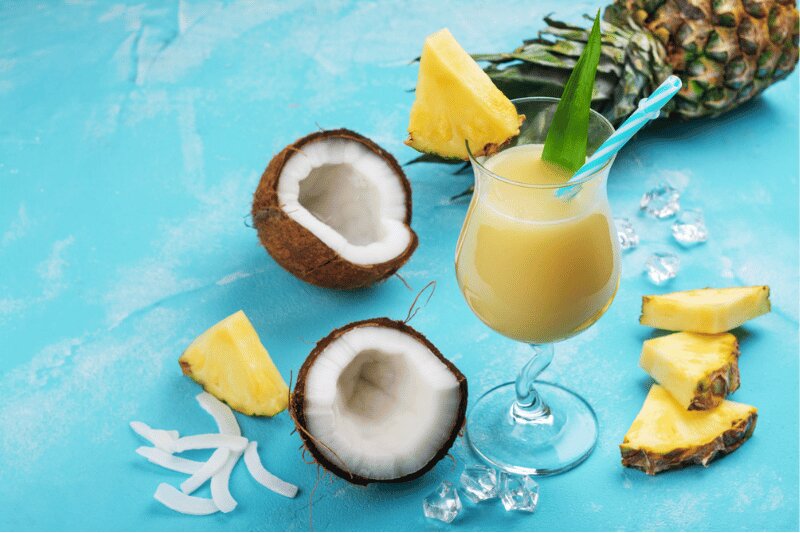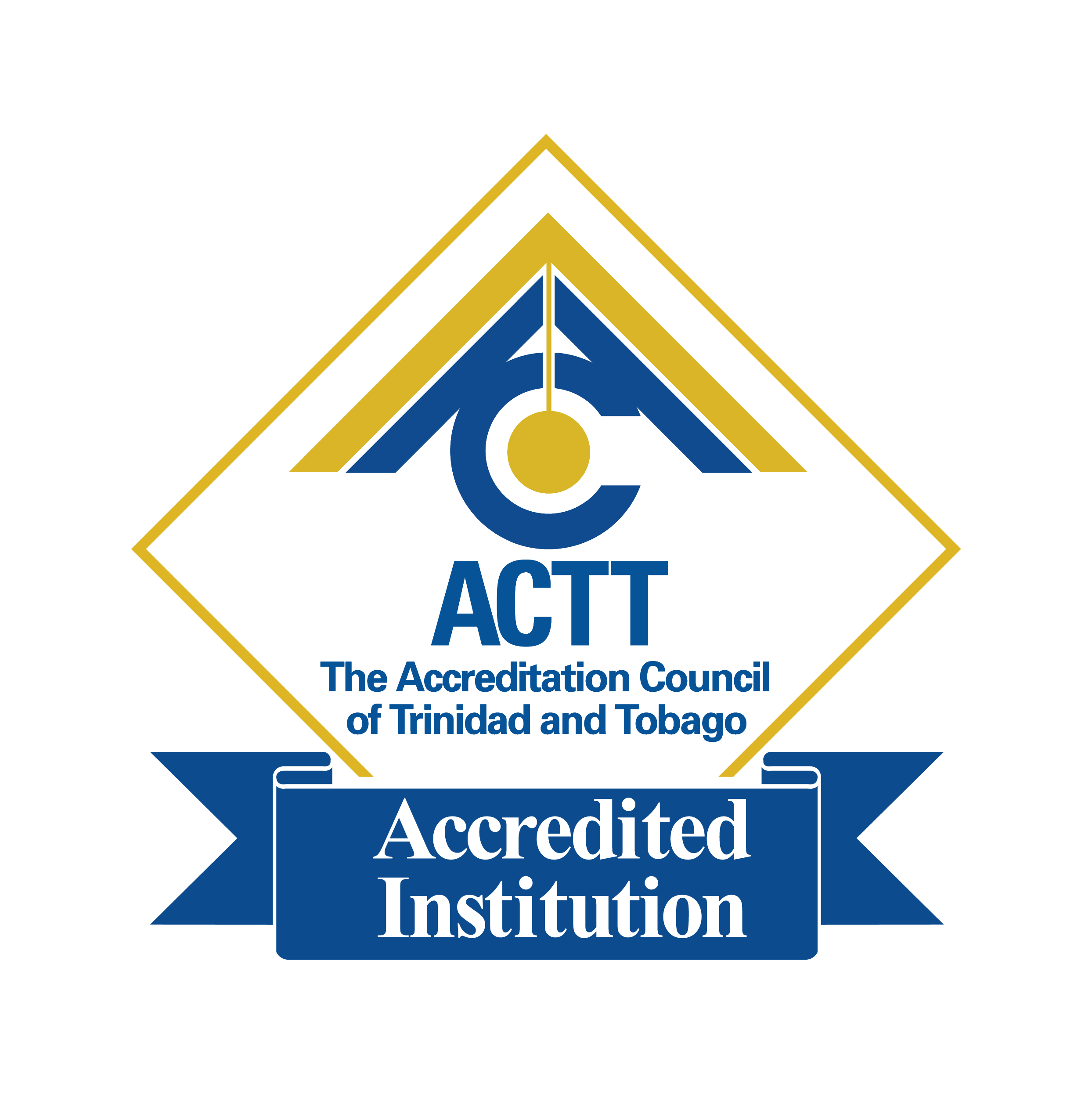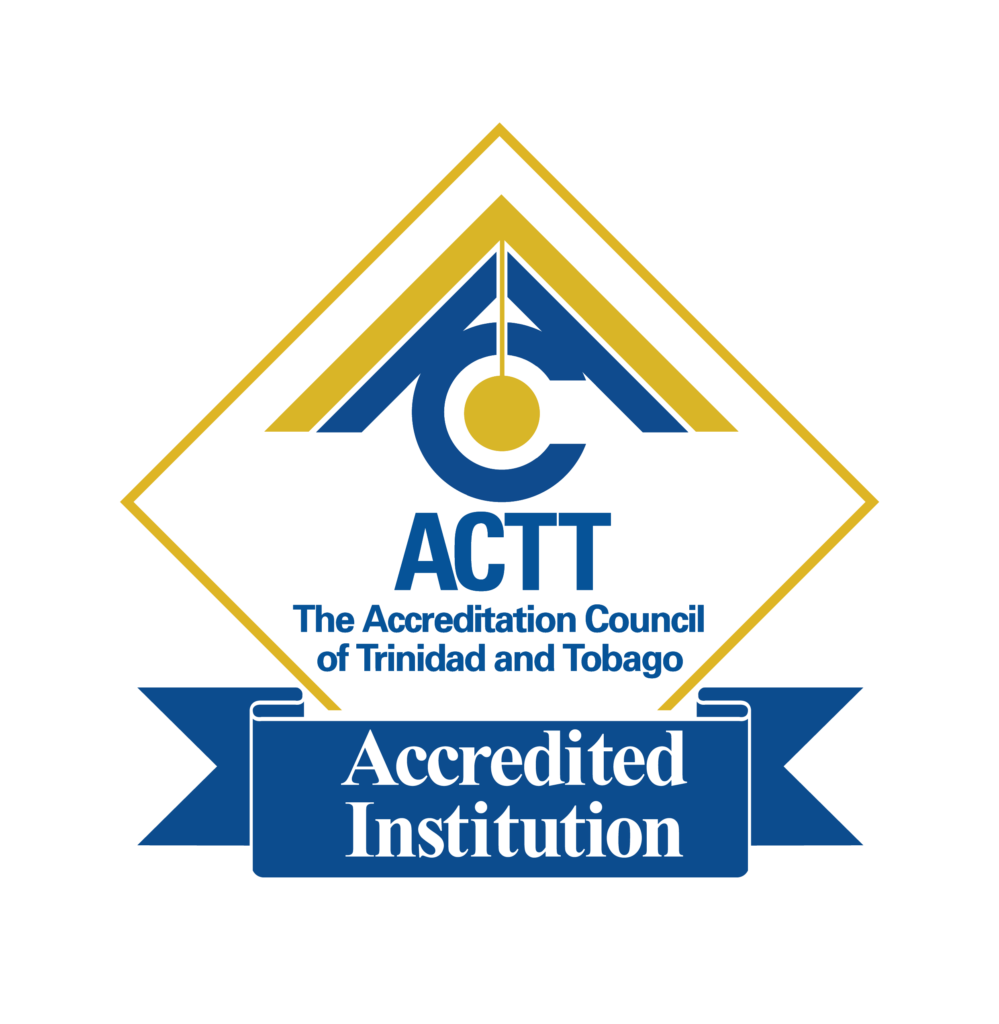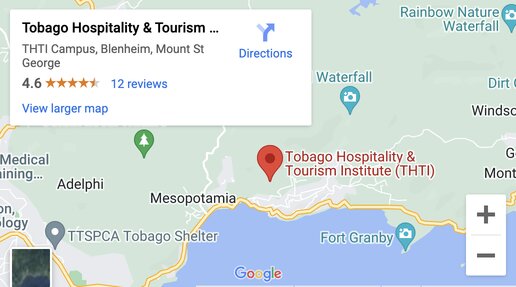Sustainable Mixology: Embracing Eco-Friendly Practices in Bartending
- Share this post
Bartending is an art that goes beyond creating delicious drinks—it’s also about making a positive impact on the environment. As the world becomes more conscious of sustainability, the concept of sustainable mixology is gaining traction. It focuses on using eco-friendly practices, reducing waste, and sourcing ingredients responsibly. Here are some sustainable mixology guidelines and top tips on how bartenders can embrace eco-friendly practices behind the bar.
- Choose Local and Seasonal Ingredients:
By opting for ingredients that are grown or produced nearby, you reduce the carbon footprint associated with transportation. Additionally, using seasonal ingredients ensures freshness and supports local farmers and producers. Explore the local markets in Trinidad and Tobago and find inspiration in the abundance of fruits, herbs, and other ingredients available during different times of the year.
- Reduce Waste and Recycle:
Bartenders can minimize waste by implementing simple practices such as using reusable metal straws or biodegradable alternatives, avoiding single-use plastic stirrers/garnish picks and recycling glass bottles and other materials. Additionally, consider composting organic waste such as fruit peels and leftover herbs to reduce landfill contributions.
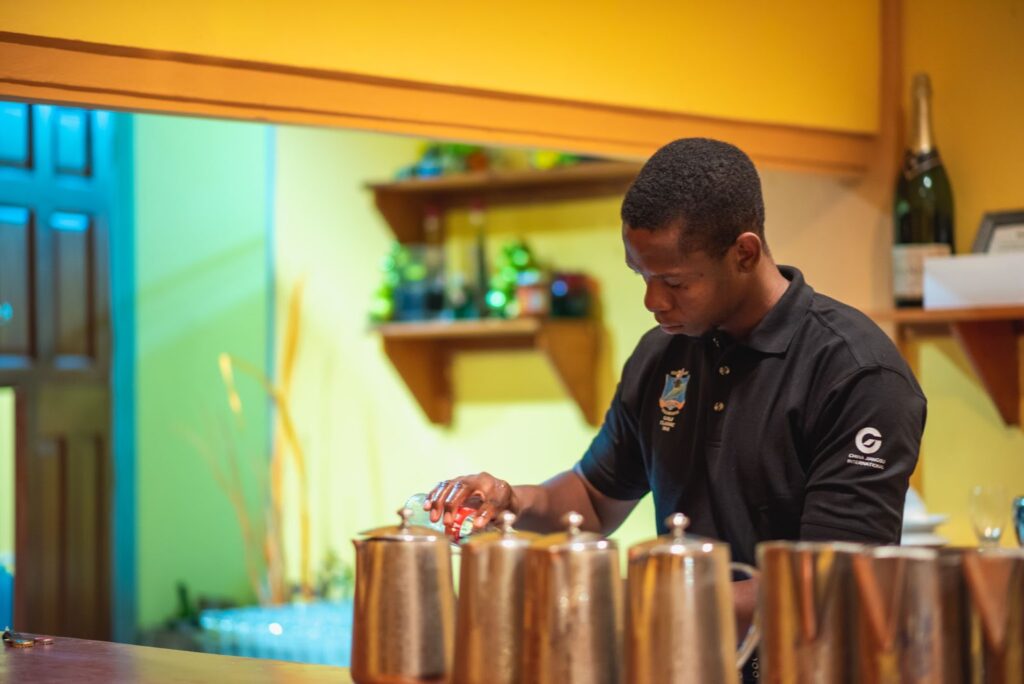
- Upcycle and Repurpose:
Get creative, transform old barrels into cocktail aging vessels, repurpose wine corks into unique bottle stoppers, or use reclaimed wood for bar counters and shelving. These practices not only contribute to sustainability but also add a unique touch to your bar’s aesthetic.
- Conservation of Energy and Water:
Opt for energy-efficient appliances, such as low-energy refrigeration units and LED lighting. Turn off equipment when not in use and ensure proper insulation to minimize energy loss. Additionally, be mindful of water usage by only using what is necessary for drink preparation, cleaning, and ice production.
- Collaborate with Sustainable Suppliers:
Seek out those who focus on organic ingredients, fair trade practices, and environmentally friendly packaging. Collaborating with like-minded partners not only reinforces your commitment to sustainability but also helps create a larger impact across the industry.
- Educate and Engage:
Train your team on eco-friendly practices, the importance of sustainable sourcing, and the benefits of reducing waste. Engage with your customers by sharing information about the sustainability initiatives you’ve adopted and encouraging them to make eco-conscious choices.
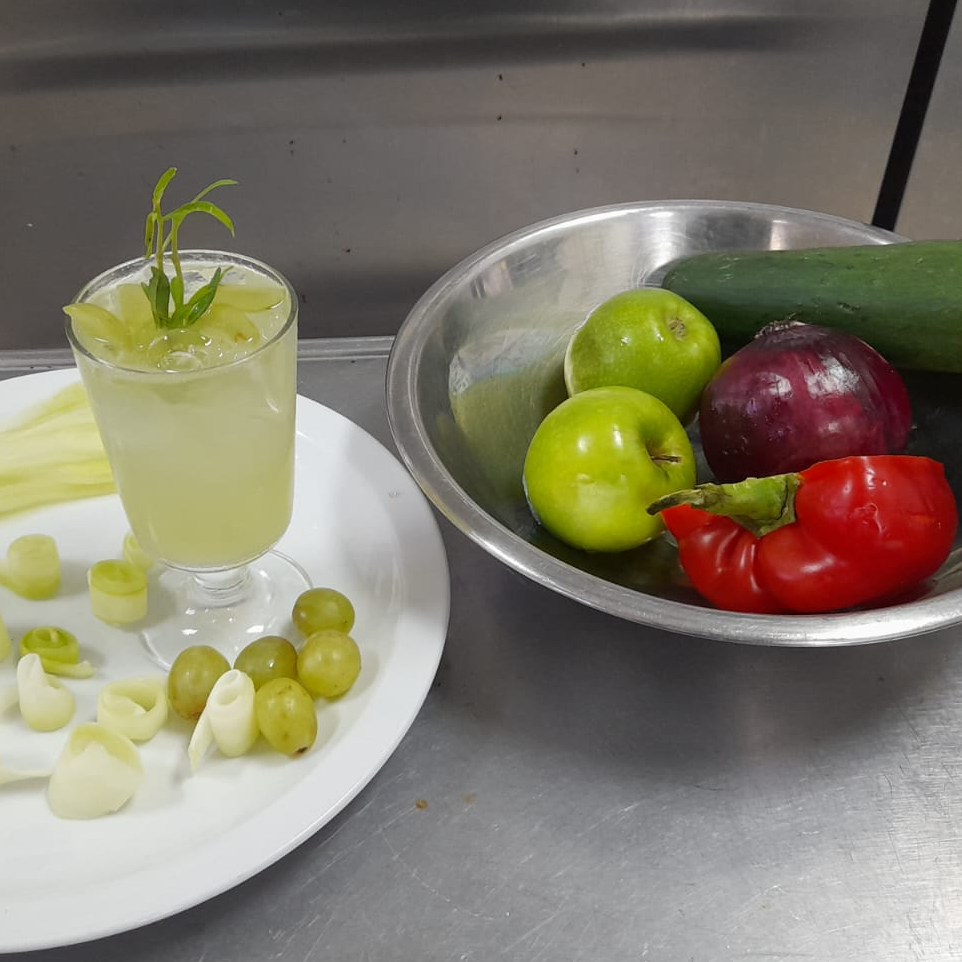
THTI STUDENT CREATION – NEHANDA’S NON ALCOHOLIC COOLER
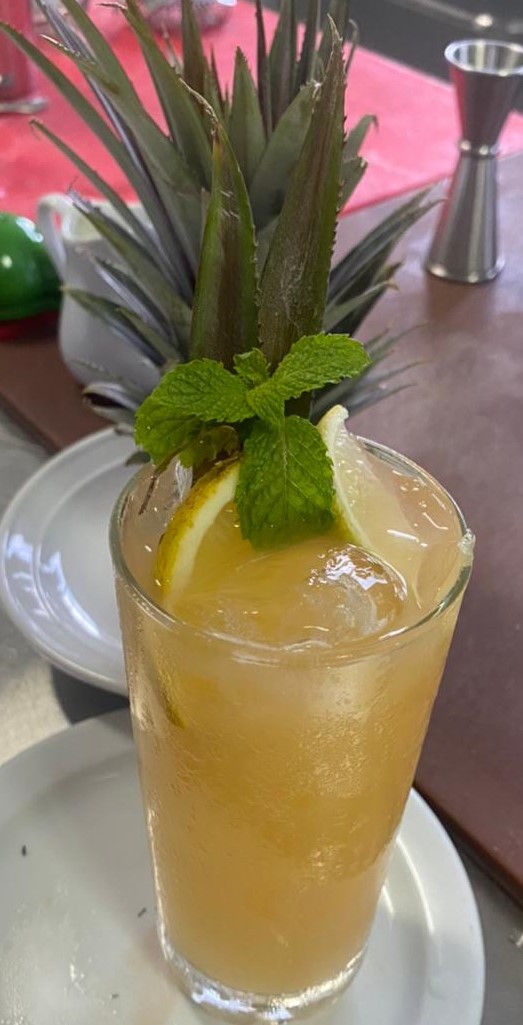
THTI STUDENT CREATION – WENDELL’S CITRUS AND MINT COOLER
7. Seasonal and Sustainable Cocktails:
Design a menu that showcases seasonal and sustainable cocktails. Experiment with unique flavor combinations using local and organic ingredients. Incorporate house-made syrups and infusions using leftover fruit scraps or herbs.
Sustainable mixology is not just a trend—it’s a responsible approach that bartenders can adopt to make a positive impact on the environment. By embracing eco-friendly practices, reducing waste, and sourcing ingredients responsibly, bartenders can contribute to a more sustainable and environmentally conscious bar industry.
So, let’s raise our glasses to sustainable mixology and toast to a greener future—one cocktail at a time! Cheers!
Start your journey with The Tobago Hospitality & Tourism Institute, enroll in our Hospitality Studies or a Food & Beverage Operations Associate Degree programme to put you one step further in attaining your desires of being a sustainable bartender.
If you’re interested in refining your skills, don’t miss out on this chance to partake in our related short courses!
Email marketing.dept@thti.edu.tt for more information.
- Share this post
Upcoming Events:
Related Posts:
More You Might Like
Upcoming Short Courses:
- Lecturer: Chef Sonia Phillip
- Face to Face
- 36 hours
- Short Courses
- Lecturer: Chef Vergiss Lovelace
- Face to Face
- 24hrs
- Short Courses
- Lecturer: Lisa Jessamy
- Online Classes
- 6 hours
- Short Courses
- Lecturer: Chef Sonia Phillip
- Online Classes, Face to Face
- 45 hours
- Short Courses
- Lecturer: Raakesh Madoo
- Online Classes
- To Be Announced
- Short Courses
Upcoming Courses:
- Lecturer: Raakesh Madoo
- Online Classes, Face to Face
- 30 hours
- Short Courses
- Lecturer: Chef Vergiss Lovelace
- Face to Face
- 6 hours
- Short Courses
- Lecturer: Chef Kwesi Selvon
- Face to Face
- 36 hours
- Short Courses
- Lecturer: Chef Sonia Phillip
- Face to Face
- 48 hours
- Short Courses
- Lecturer: William Trim
- Face to Face
- 48 hours
- Short Courses



